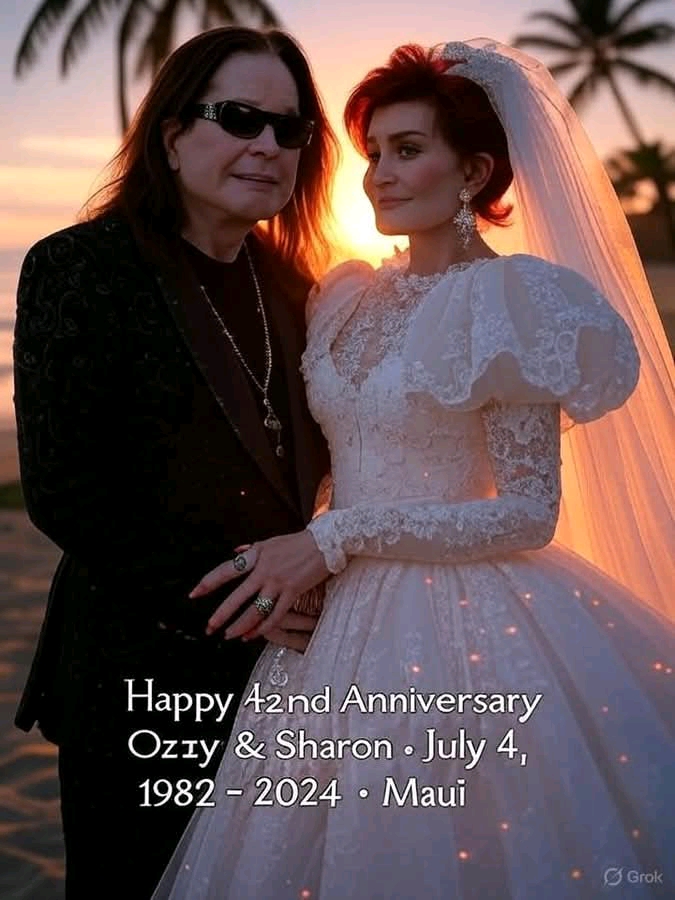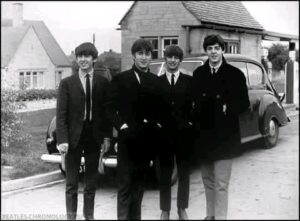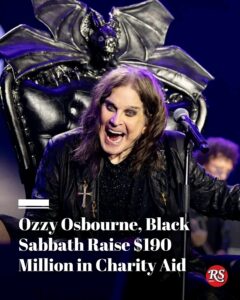
Paul McCartney: The Man Who Never Stopped Singing
There has always been something inherently melodic about Paul McCartney — not just in his music, but in his essence. From his earliest days strumming chords in Liverpool to standing under stadium lights decades later, McCartney has exuded a quiet harmony. He didn’t just write some of the most enduring songs in music history — he lived them.
Paul’s journey is etched with triumph, but also tremendous pain. At just 14, he lost his mother Mary, a nurse who inspired both the warmth in his personality and the maternal spirit behind songs like Let It Be. That early loss shaped him — it didn’t harden him, but instead deepened his emotional well. Music became not only an escape but a way to process grief.
By the early ’60s, McCartney became one of the four pillars of The Beatles — arguably the most influential band in history. Yet, in a group of groundbreaking artists, Paul often played the role of the anchor. John Lennon might’ve been the rebel, George the mystic, and Ringo the comic relief — but Paul was the arranger, the builder, the diplomat. He was the one who soothed tensions with harmony, both musically and emotionally.
Even as The Beatles disintegrated under the weight of fame, conflicting visions, and personal demons, Paul fought to hold things together. But eventually, the breakup came — and with it, another kind of loss. He spiraled into depression, retreating to his farm in Scotland, uncertain of his identity outside the band. What pulled him back from the brink? Love — and music.
Paul’s love for Linda Eastman was the kind of love songs dream of. She wasn’t just his wife; she was his creative partner, his co-conspirator in building Wings, his grounding force. Together, they found peace in domesticity, raised a family, and continued to make music far from the madness of Beatlemania. Linda’s death in 1998 shattered Paul — it was a grief that shook the foundations of his world. Yet once again, music became his way forward.
Then came the brutal murder of John Lennon in 1980. Paul, already known for his emotional restraint, rarely spoke about it in public. But in songs like Here Today, a moving imaginary conversation with John, he gave us a glimpse into the depth of that pain. It was another blow, another crack in the armor — and yet he never stopped writing, never stopped touring, never stopped being Paul.
Into his 80s now, McCartney continues to defy time. He walks on stage with that Hofner bass — older, grayer, but still unmistakably him. His voice, weathered by decades, might not hit the same notes, but it carries something even more powerful: truth. When he sings Yesterday or Let It Be, the crowd doesn’t just hear a hit — they hear a man who has lived through every line, every sorrow, every moment of hope.
What sets Paul apart is not just his genius — though he has that in spades — but his resilience. He was never the loudest Beatle, never the most outrageous, but he was always the steady hand. The harmonizer. The one who said, “Let’s just get on with it.”
And he did. Again and again.

His melodies have stitched themselves into the DNA of generations, but his legacy is more than notes and chords. It’s the way he carried on. Through death, through fame, through heartbreak — Paul McCartney kept singing. Not always out of joy, but often as an act of survival. As a declaration that music, at its purest, heals.
Even now, there’s something comforting about his presence. In a world that often feels chaotic and transient, Paul McCartney represents endurance. A reminder that it’s possible to suffer deeply and still create beauty. That you can lose everything and still sing.
He never stopped being a Beatle — but more importantly, he never stopped being human.
So when the lights dim, and he begins to sing those familiar chords, a hush falls. Not because we’re witnessing a legend, but because we’re listening to someone who understands us — someone who’s walked through darkness and still found the melody on the other side.
▶️ Watch now — and let his story remind you: no matter what happens, the music goes on.





